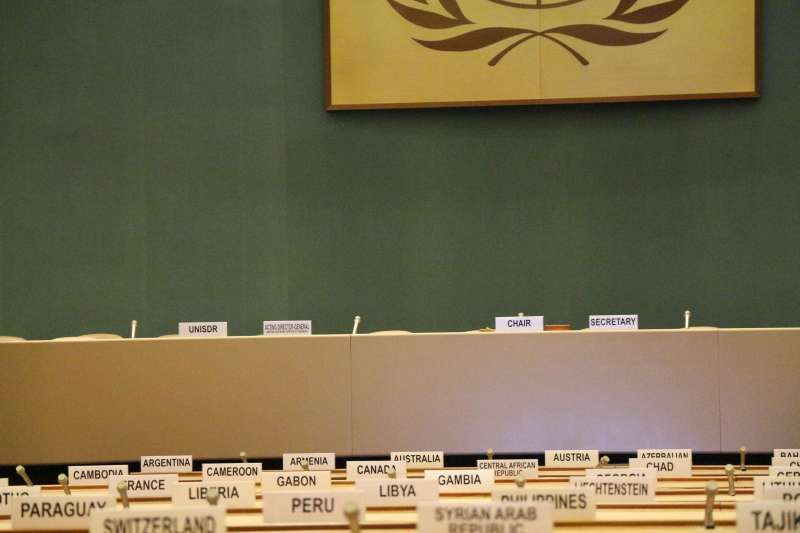Every so often, something from high school that I thought I’d left in the past comes back to me. Recently, that was Model UN. I did MUN for three years in high school, but I decided to revisit it in a burst of nostalgia in the beginning of this year. Before I knew it, I was co-chairing a General Assembly (GA) committee at the Stanford MUN Conference (SMUNC) for high schoolers.
MUN has a significant amount of specialized aspects to it that all affected my experience, but in order to avoid boring those who haven’t participated in MUN before with its speaker’s lists and caucuses, I’ll keep the explanation to a minimum. In MUN, students pretend to be delegates from various United Nations member-states and prep for up to weeks in advance by doing research and writing a paper on their country’s stance on whatever issues their committee is discussing. Then at the conference, they debate with other delegates with the ultimate goal of passing a resolution that poses some solution to their committee’s assigned problems. Certain types of committees act differently, but that’s the main process for GAs, which I dealt with at SMUNC.
In short, it’s a lot of preparation and work, but it’s so rewarding when you get to the end of committee and pass a resolution that you’ve successfully negotiated with a bunch of other people who love to nerd out about international policy just as much as you do.
In high school, experiencing these conferences and other events like it doesn’t really give you any appreciation for the work that goes into it. All you do is read the background guide, do your prep and show up for the conference, not really thinking about all of the logistics that go behind it. As a co-chair, my role was minimal, but watching my friends and peers go without sleep for this tournament really made me appreciate how much work goes into it. For example, the chair of my committee wrote a 19-page background guide for the committee on our two topics. That’s longer than the graded papers I write for class. And she did it entirely voluntarily with no reward other than the event itself. It somehow never occurred to me in high school that someone actually had to write the background guides I read at various conferences. It’s so easy to forget the hard work people put in to create wonderful experiences for you.
Another aspect about being on the organizational end of an event is that you don’t get to participate in the event. This seems obvious, but watching all of these high schoolers negotiate passionately in their business attire really made me want to join them. Wishing I was a delegate in a Model UN conference instead of co-chairing it is probably the nerdiest desire I’ve ever had, and just typing it out leaves me shocked about myself, but to say that I didn’t would be a lie. Regardless, it was a lot of fun to co-chair at the tournament.
Being on a different side of a situation from the one you’re used to almost always gives you a better understanding of the situation as a whole. As much as I try to empathize with both sides of whatever I do, if I actually get the chance to experience both sides, I quickly find that I can’t fully capture an experience I didn’t have. So, going forward, I’m going to try even harder to experience not just new things in general but also new aspects of things that I have some experience in.
Contact Kiara Harding at kiluha ‘at’ stanford.edu.
